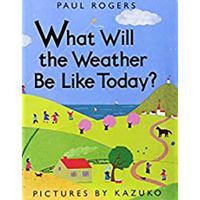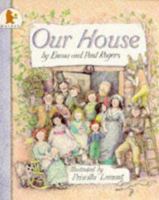Book Overview
You Might Also Enjoy
Customer Reviews
Rated 5 starsGreat study guide
A great introduction to the world of thyroid disorders. Includes everything from finding a specialist, the initial diagnosis, starting treatment and what to expect throughout the entire process. I have skimmed through other books on the subject and Thyroid for Dummies gives the best 'cram session' overview and has humor throughout the pages and even some cartoons! It really breaks up the monotony of page after page of grey...
0Report
Rated 5 starsImpressive
As a person that has an underactive thyroid, myself, and finding that a LOT of other books on the matter barely scratch the surface, this book is an informative change. The sections are easily navigated and understood without the content being dumbed down to an elementary level of thinking. I was especially impressed that Dr. Ruben had touched on the psychological state of people with this medical issue, my pre-diagnosed years...
0Report
Rated 5 starsHyperthyroid/Graves patients NEED to read this book
I am a 4+ year Graves disease veteran who is currently in remission. I strongly believe that EVERY newly diagnosed person should read this book BEFORE they make any decision on any PERMANENT treatment procedure such as surgery or radioactive iodine ablation (RAI).Dr. Rubin takes the often confusing subject of thyroid disease and makes it easily understandable to the newly diagnosed. Every person with a diagnosed thyroid...
1Report
Rated 5 starsHelped us make this important and rather emotional decision
My spouse has been battling with Hyperthyroidism for 15 years, going on and off PTU and in and out of remission. Her latest annual blood work indicated that she was hyper again which re-opened the dialog about what treatment to choose (drug therapy, radioactive iodine, or surgery). Thyroid for Dummies provided a detailed yet very readable review of what the function of the Thyroid glad is, Thyroid disorders, treatment options,...
0Report
Rated 5 starsThyroid for Dummies
I just had thyroid surgery and I picked up a copy of Thyroid for Dummies so I could get informed about what was happening. Thyroid for Dummies answered all my questions, and gave me all the information I needed to understand what I was going through.After reading this book, I know more about the thyroid gland than I did before! The book is written in easy to understand language, and uses humor which put my mind at ease. I...
0Report

































































